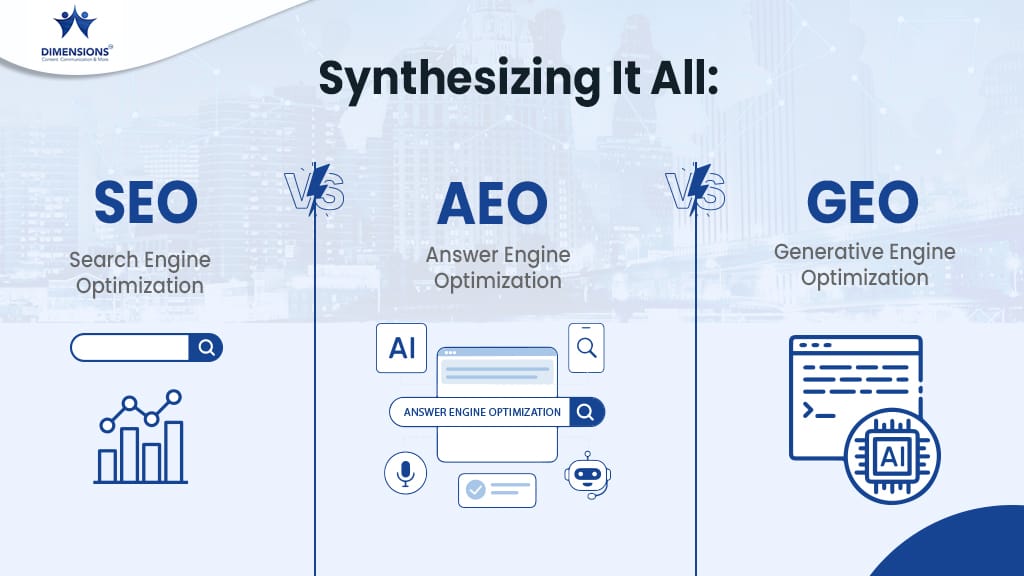6 Challenges Of The Fintech Industry

The fintech sector is booming, and in the post-Covid-19 pandemic world, it is only destined to grow. It is revolutionizing the finance sector, disrupting multiple verticals as it escalates. No wonder the sector has made finances more accessible. Nonetheless, there are fintech challenges faced by the industry. The article attempts to highlight 6 such challenges.
What are the challenges of the fintech industry?
- Increasing cyber security threats: The fintech sector deals with enormous client and business data. While such data eases life for all, the lack of proper security measures makes hackers very happy. The cybersecurity threats put everyone at stake and make the system vulnerable. It can also become a potential reason for clients to mistrust fintech brands and avoid them. Virtual banking systems are riddled with more discreet perils.
- Lack of human touch: Traditional banking systems relied heavily on one-on-one human interaction, which also made grievance redressal simple. However, virtual systems have minimum to zero human touches. Although these models are attractive for tech-savvy Millennials and Gen-Z’s, the older generations may not feel confident in the system. Direct interaction mostly generates value for the customers, an essential component missing from the present fintech industry.
- Regulatory challenges for fintech: Another major challenge of the fintech industry is the growing statutory compliances and regulations. As technology creeps into the financial sector, to protect the interest of customers and investors, several regulations will be levied. Experts say in this case, there is a stark contrast between the traditional banking system where regulations boosted the system, and in the virtual model they inhibit its growth.
- The dearth of technical expertise: Technology is one of the cornerstones of the fintech industry. As the sector proliferates, it needs skilled professionals to keep it moving. However, not many can claim to be experts, and small-scale organizations fail to put up an in-house team. Although Blockchain, machine learning, and artificial intelligence have been around for a while only a handful have mastered these concepts.
- Big data, AI, and Blockchain integration: The lack of technical prowess leads to the problem where integrating Big Data, AI, and Blockchain can become an arduous task. While traditional banking systems have kept these concepts at bay, fintech applications are striving to rapidly incorporate these into their systems disrupting the finance sector. However, it is easier said than done with limited resources at hand.
- Acquiring and retaining customers: The fintech sector often fails to distinguish its target customers. The lack of clarity inhibits their marketing efforts. At a time when still several customers are inclined toward the traditional banking system because of certain conveniences, the fintech industry may have a hard time acquiring and retaining new customers without proper strategies.
How to overcome these challenges?
- Data security is a grave concern for customers and fintech professionals, alike. However, there are some ways to stop data breaches, including but not limited to two-factor authentication, behavior analysis, real-time alerts, and notifications, data encryption, and biometric authentication.
- Fintech companies must collect customer insights and do a thorough customer sentiment analysis that helps them understand the customer’s pain points or behavior in times of distress. Such analysis will assist them in personalizing the user experience.
- The government issues new regulations for the fintech industry in the best interest of the common man. Before embarking on a fintech journey, it is imperative to familiarize oneself with the existing laws and, at the same time, build a flexible system that leaves room for change in case new regulations are imposed.
- Like all other business domains, while acquiring and retaining clients in the fintech sector, first, it is essential to understand which section of demography comprises your potential clientele. Next, one has to market their core and augmented offerings focusing on value addition to the identified section.
- When building a fintech app or software ensure that the UI/UX is secure and user-friendly. Customers tend to avoid anything cumbersome, especially when it involves financial dealing. The UI/UX should be appealing and capable of reiterating your idea clearly.
In the end...
The fintech industry has a long road ahead, therefore inevitably it will face several challenges. Nevertheless, with dynamic technology and customer-centric approaches, it will soon become an indomitable force disrupting all business verticals.
As fintech continues to grow, fintech content will become an indispensable part of it. Dimensions offer fintech content writing services that educate and engage your audiences. Get in touch with us today and own bespoke result-driven fintech content.





